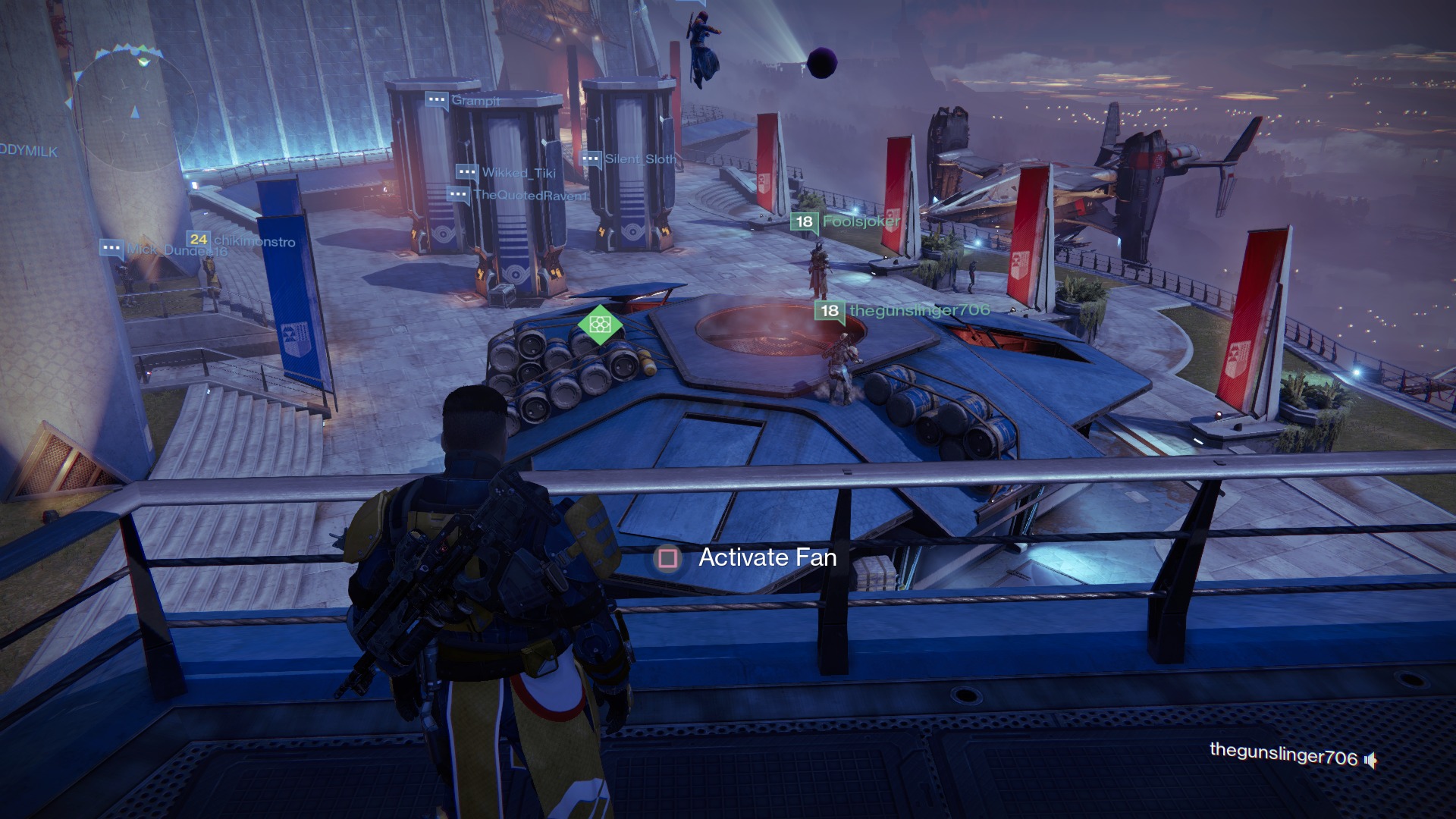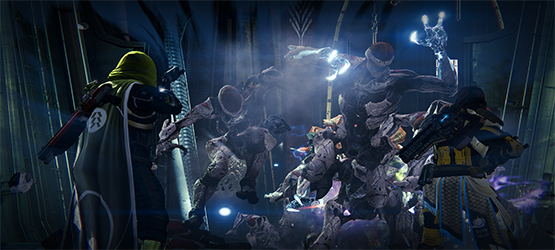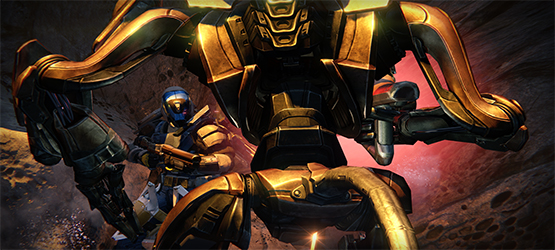It’s been nearly a week since the release of the massively promoted Destiny hit shelves across the world. With estimates of a development and marketing cost of $500 million, Destiny is the most expensive game produced to date.
Despite a sell-in of $500 million, Destiny has received middling reviews — or bad if you consider how jilted rating scales can be with a AAA game. As of writing the Metacritic for Destiny sits at a paltry 75, with scores in the 60s from publications like EGM, GiantBomb and The Escapist. Many of the low scores are commonly stated issues with poorly implemented in-game communication, out-of-game lore and a feeling of a blank slate prime for future DLC.
But consumers didn’t know any of that before the game released. Though a demo for Destiny was available before release and review copies were sent a few days ahead of the title hitting retail, the servers themselves weren’t operational until September 9, which made it unplayable. As a result, reviews of the game didn’t start to come online until 24 to 48 hours after launch. A company blog post from Bungie stated several reasons, but one line stood out in particular.
“For us, this is a first – a new experience. It’s a bit of a risk, too,” the statement read. “We fully anticipate seeing day one reviews from folks who decide to kick the tires, but don’t have the time or patience to take our ride for a nice, long road trip. Some of you might wait to pick up a copy until you read the final verdict from your most trusted review house. We’re okay with that. We’ve created something we’re proud of.”
The first sentence is the most important – that not giving reviews out is a new experience. While it’s veiled through standard PR speak as a risk worth taking I think this move is more complicated than what the company blog suggests.
With millions to spare in advertising that can generate usually expected returns, why would a company give a copy of their game to an outlet and face a potentially bad review? For companies with enough money to buy a huge advertisement in Times Square, maybe the organic growth given by early reviews is past the period of its usefulness. Additionally, having no reviews keeps marketing and advertising completely within the domain of the company instead of dealing with outside people who arguably have a vested interest to toe the line.
Related Reading:
- Destiny Review – Prologue to Greatness (PS4)
- Destiny Farming Videos Show the Easiest Method to Earn Engrams and Glimmer
- Feature: Understanding and Avoiding the Lag Monster in Games
Destiny’s release sent a clear message to publications: “You’re not needed anymore.” You can be sure that PR departments in large companies across the world are discussing the state of game reviews in the wake of Destiny’s release and none of it bodes well for the people who write about games. Even if Bungie was being completely honest about their reasoning for not allowing early reviews the effect remains the same – marketing and advertising brought this game the massive sell-in that Activision reported, not reviews of the title itself.
If AAA titles start finding themselves on the latter end of a release date, then the quality of reviews are likely to drop as the race intensifies to be the first out the door with the published review. Too many of these rushed reviews could spoil the goodwill of the publication’s readership and spill over to negatively influencing the proper reviews with copies sent out before public release.
While publications are aware of this fact, readers need to be reminded that a company only sends out a review copy if it makes good business sense. A review copy is essentially a free way of gaining awareness of the game but that awareness only has value for the company if the review is positive. PR personnel are paying attention to these review scores – they report to supervisors who want to see that the public image of the company is being improved through their work.
Even with the unstated pressure of badmouthing a title you’ve been given by a big company, advertising still comes across as a safer investment — though an initially more expensive one. While smaller companies are still going to rely on cheaper and more organic ways of getting their game in the mind of potential players larger ones are in a league of their own.
Time will tell if big name reviews are going the way of the dinosaur, but don’t be surprised if you see more late reviews for AAA releases. To ensure you’re not taken by the latest hype machine a little patience can go a long way until complete and fair reviews come out.
(Note: The views expressed in this article is solely that of the author’s and does not reflect those of PlayStation LifeStyle or its staff)
Destiny Review Gallery
-
Destiny
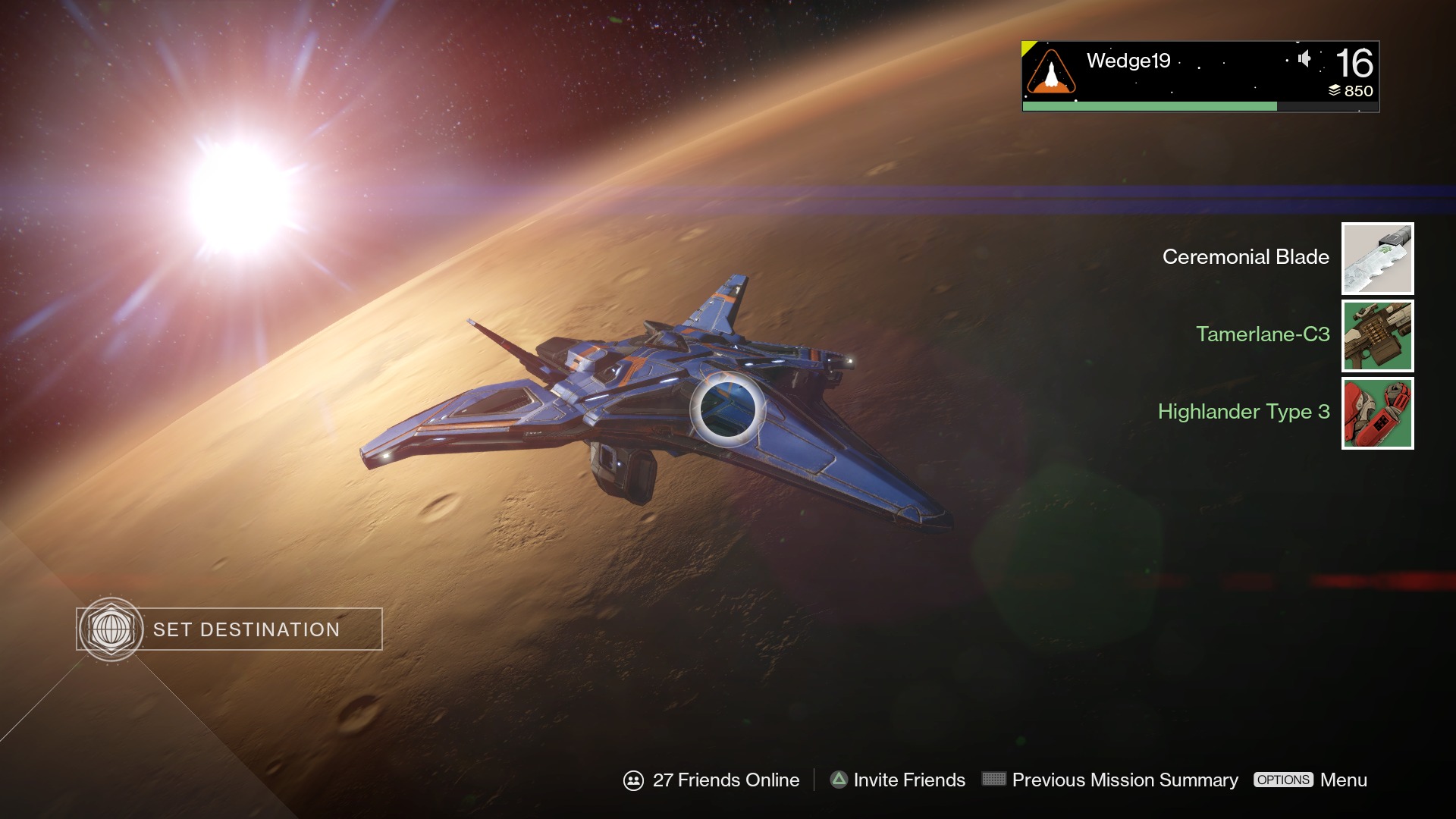
-
Destiny
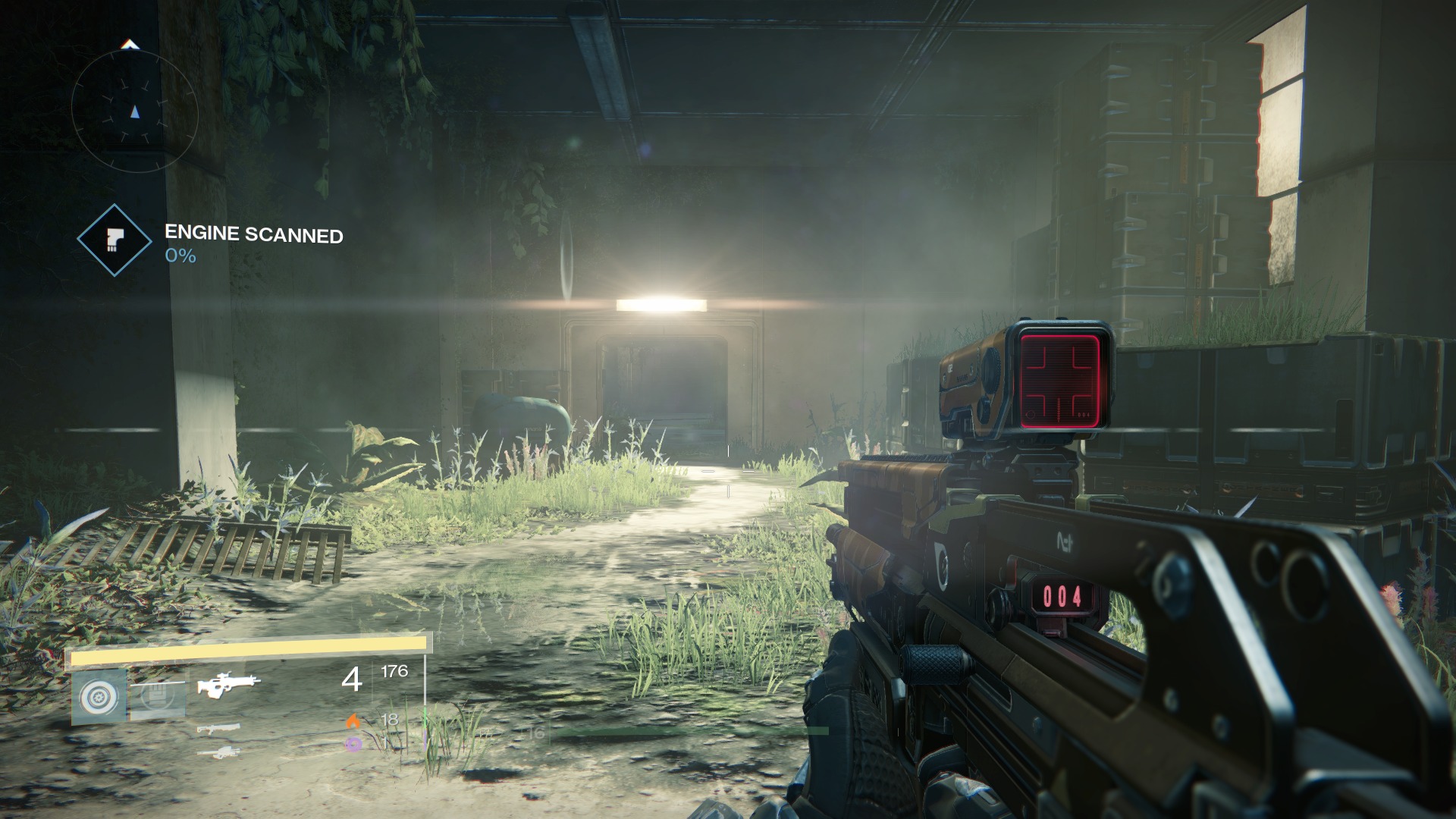
-
Destiny
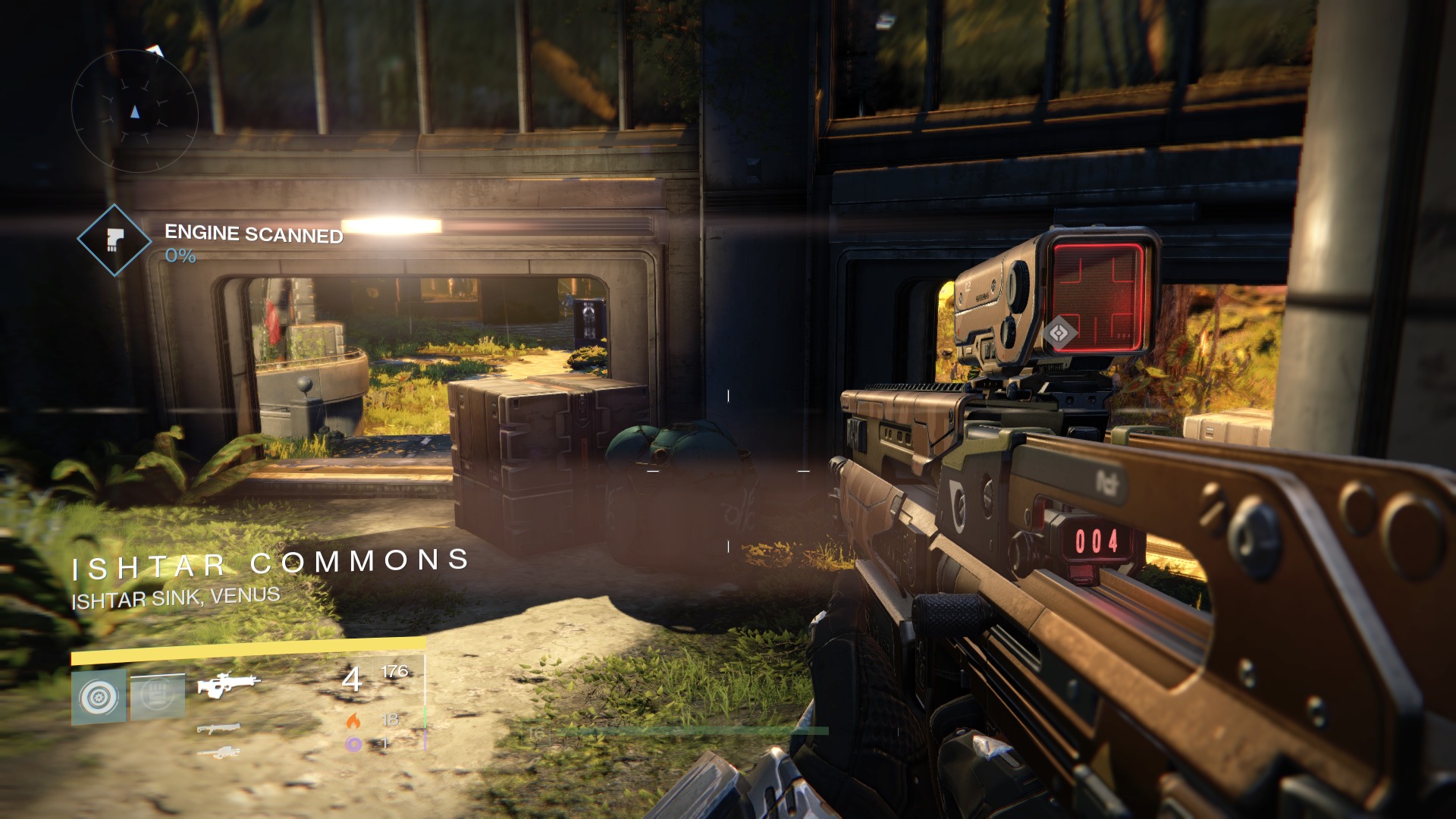
-
Destiny
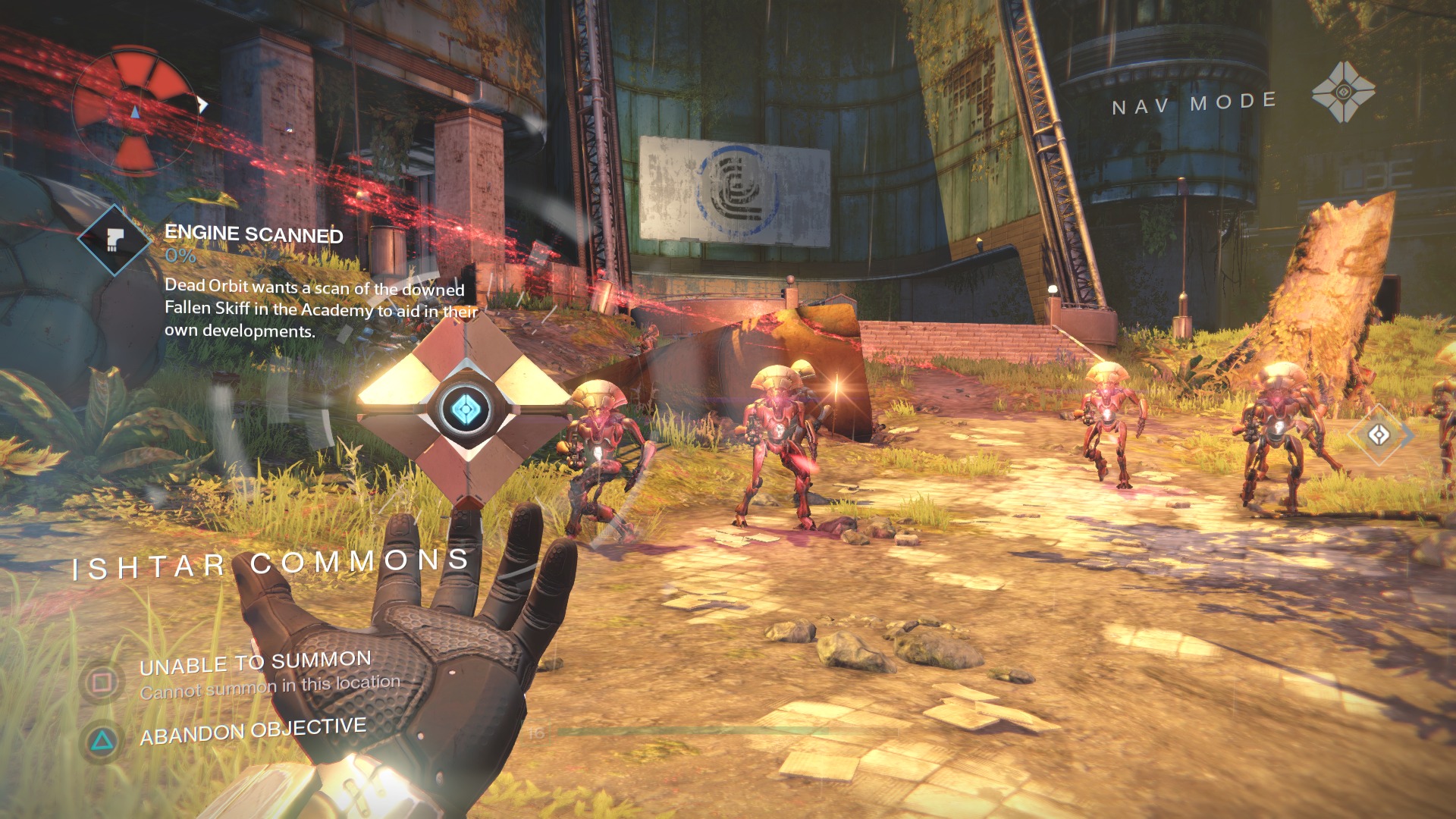
-
Destiny
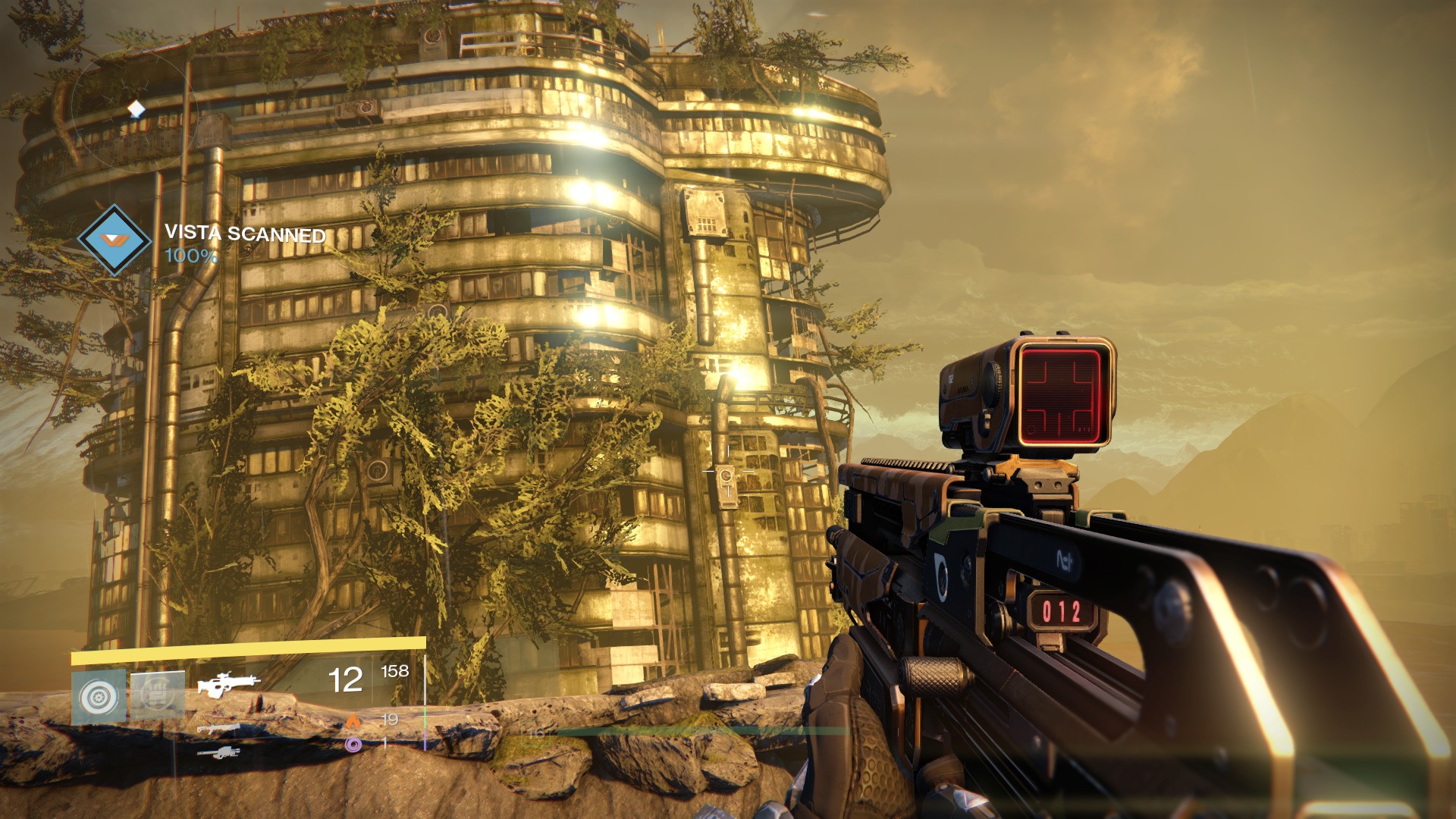
-
Destiny
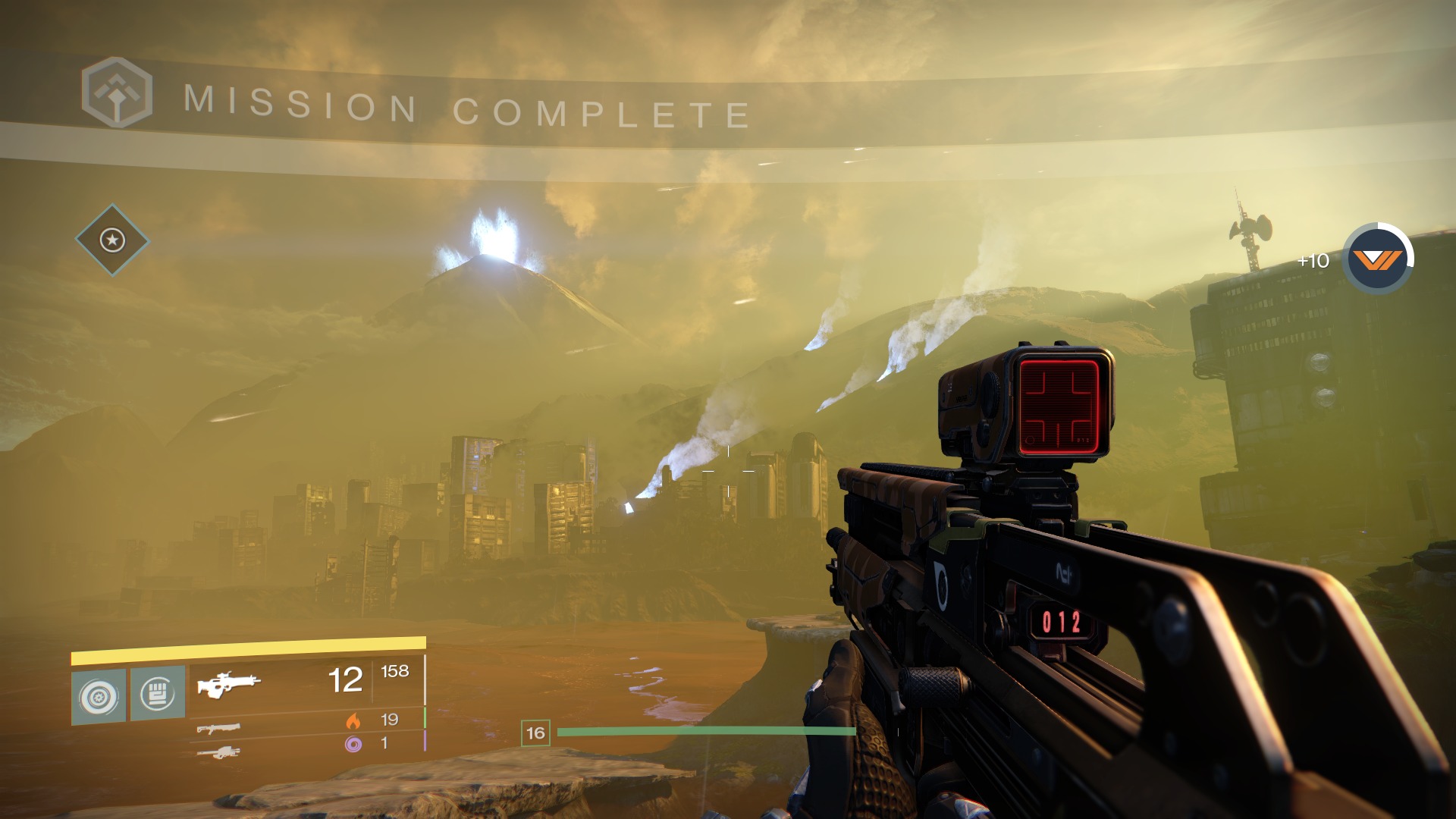
-
Destiny
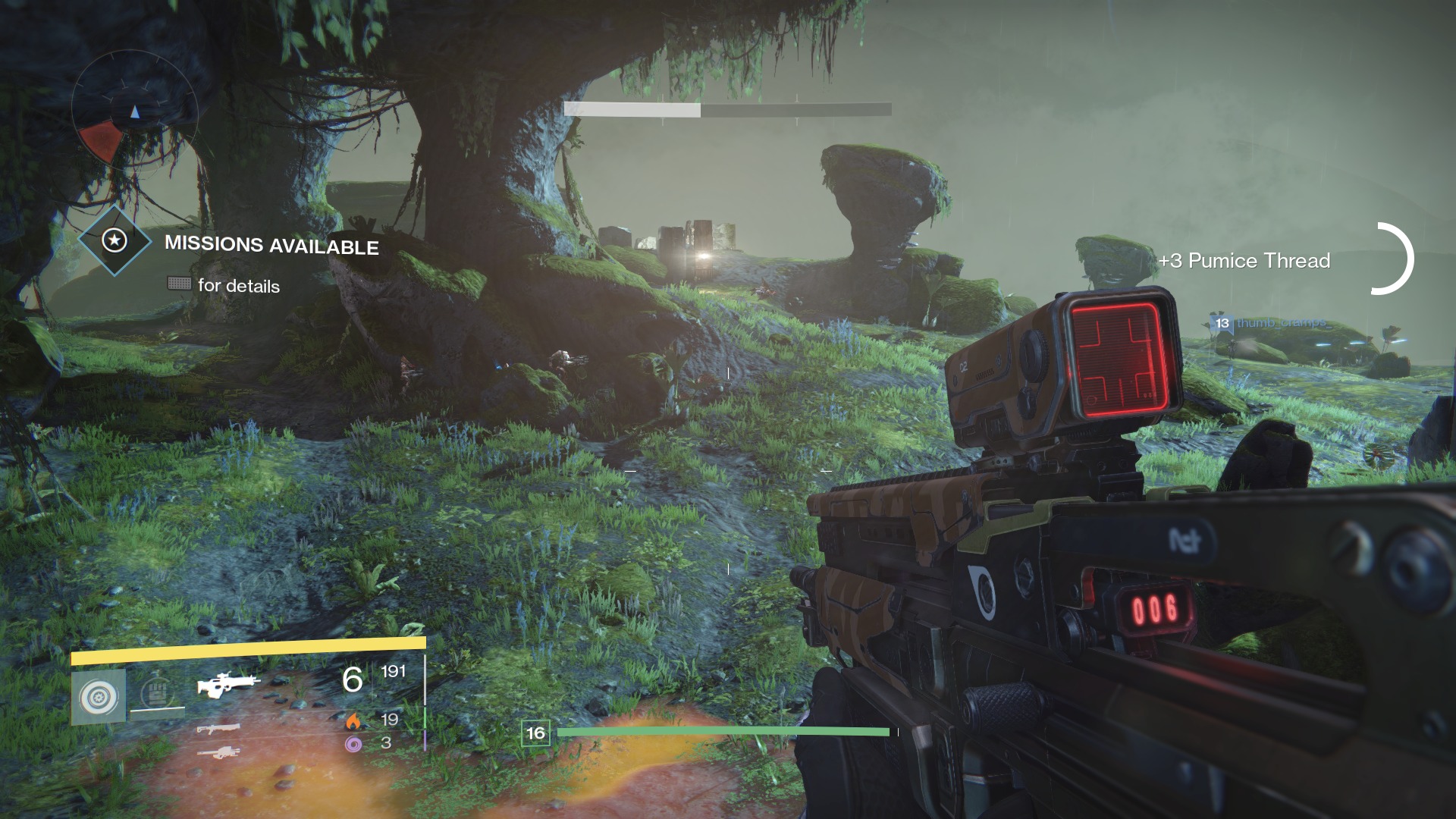
-
Destiny
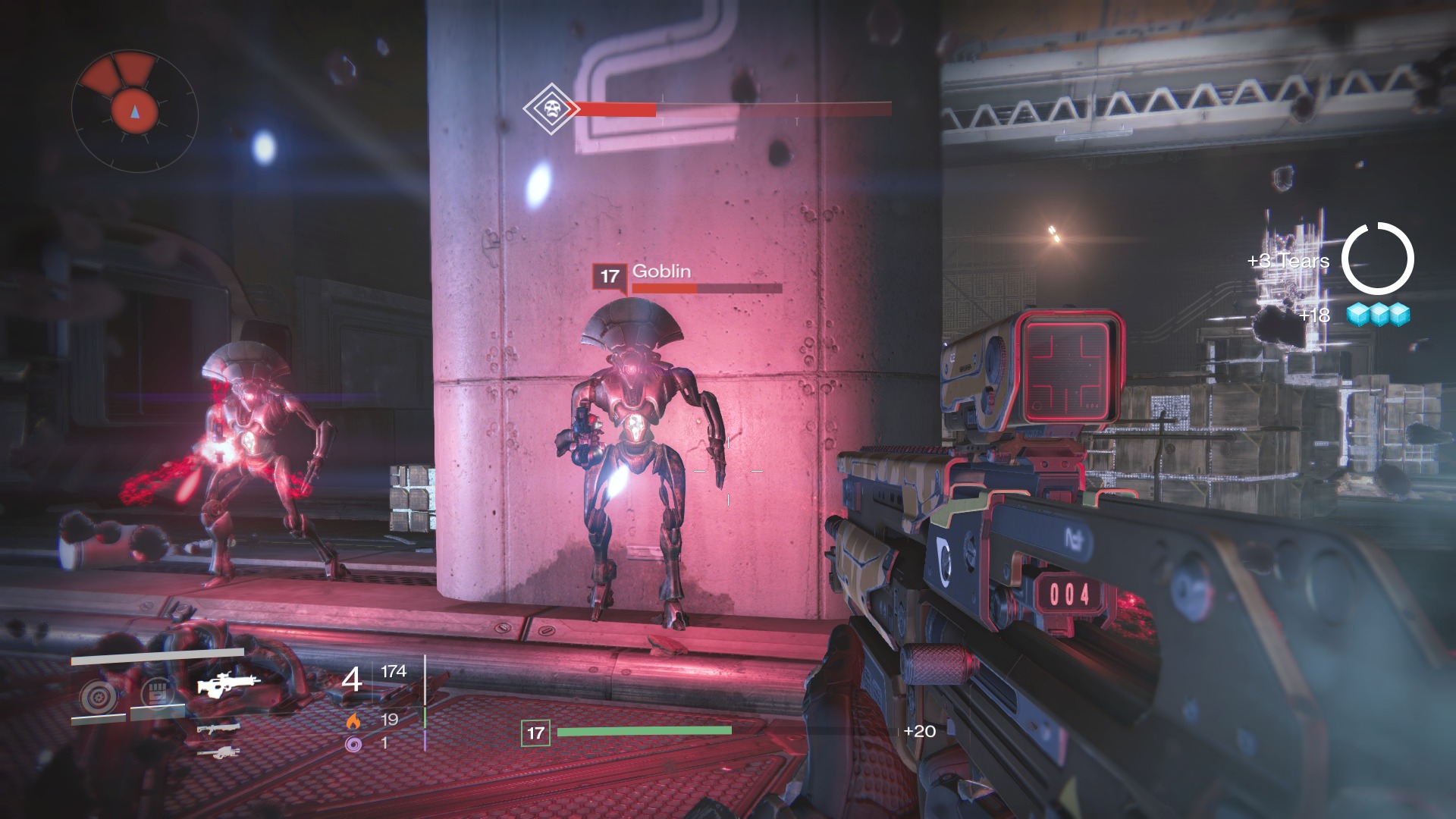
-
Destiny

-
Destiny
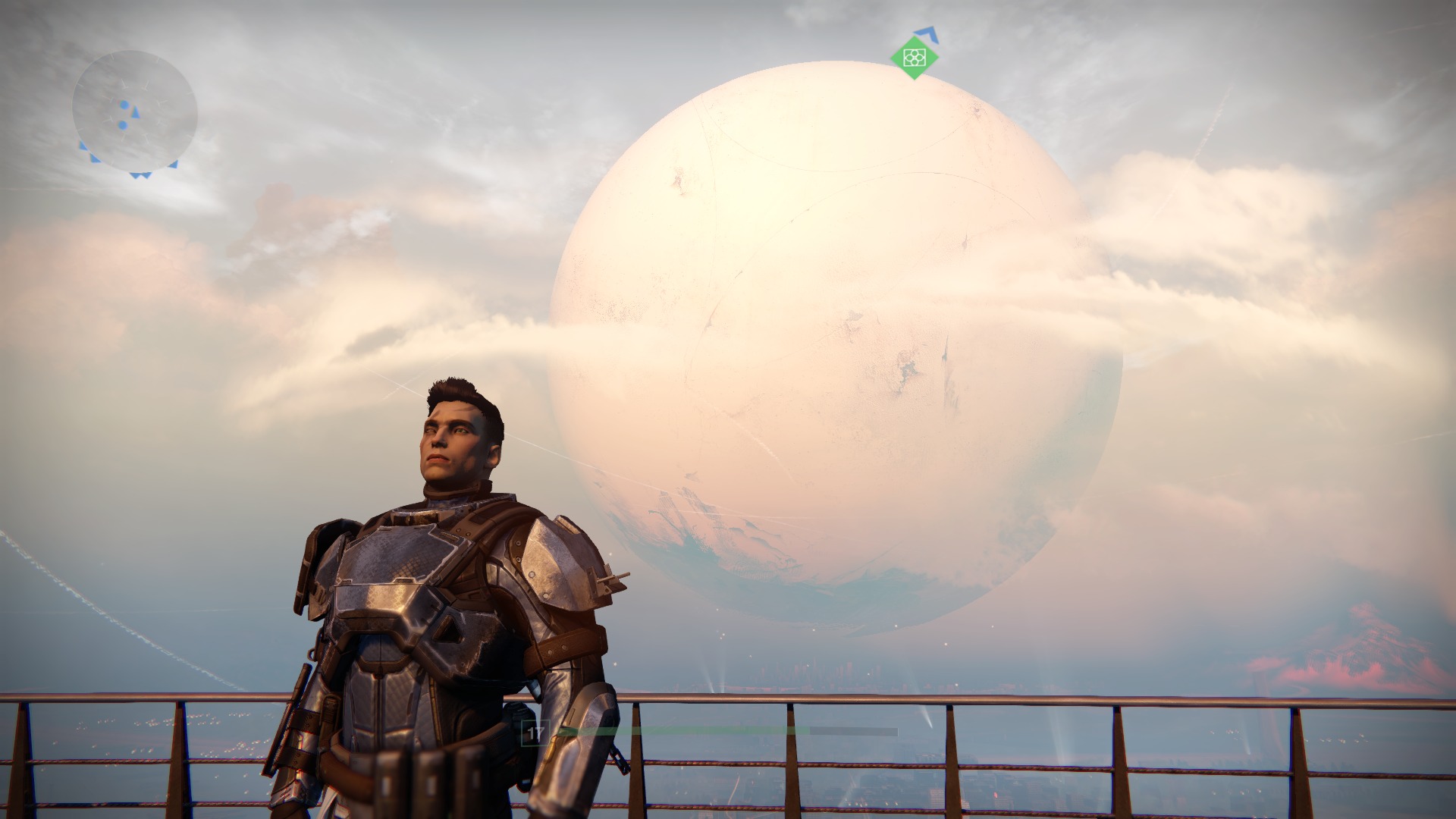
-
Destiny
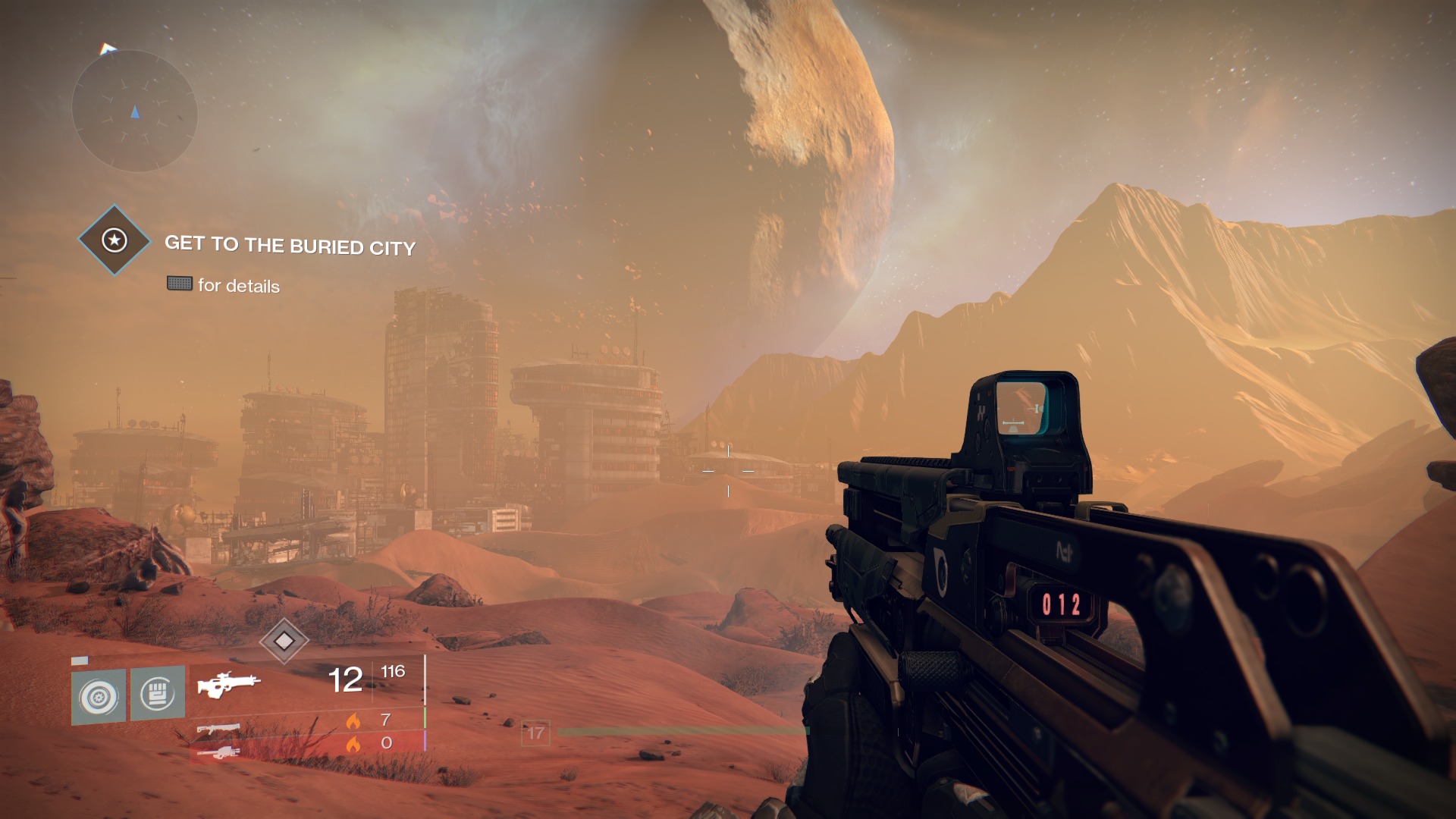
-
Destiny
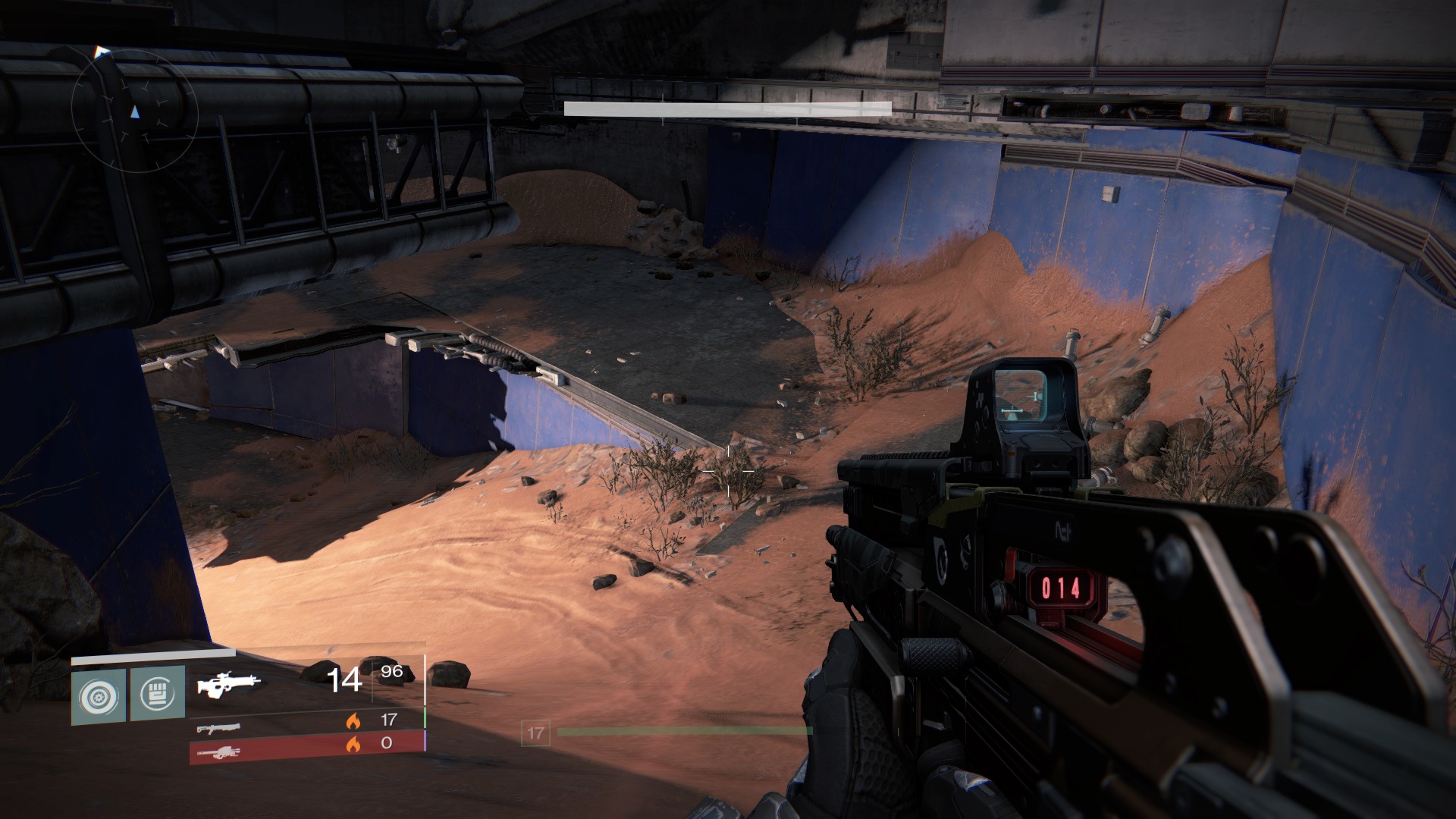
-
Destiny
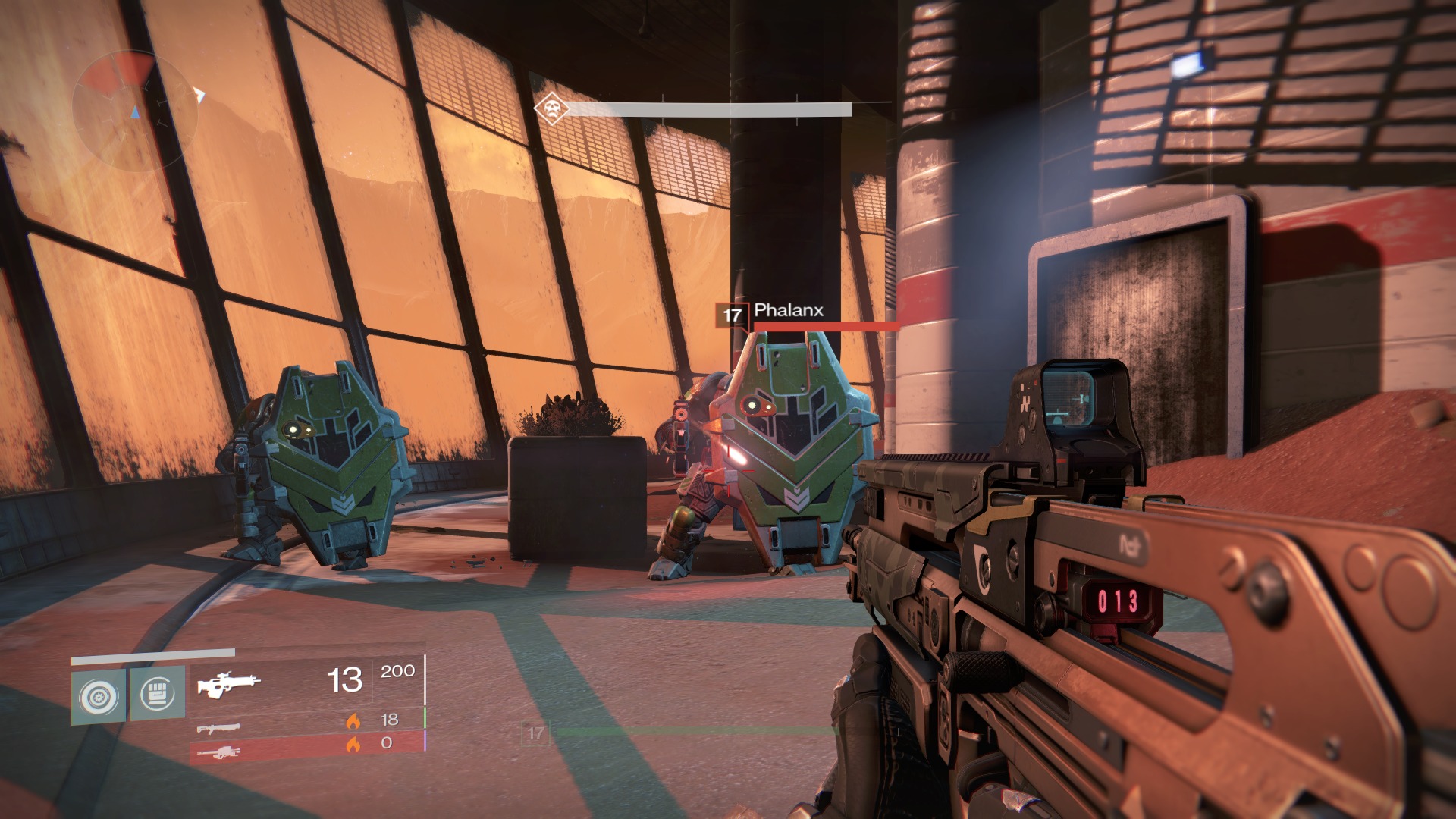
-
Destiny
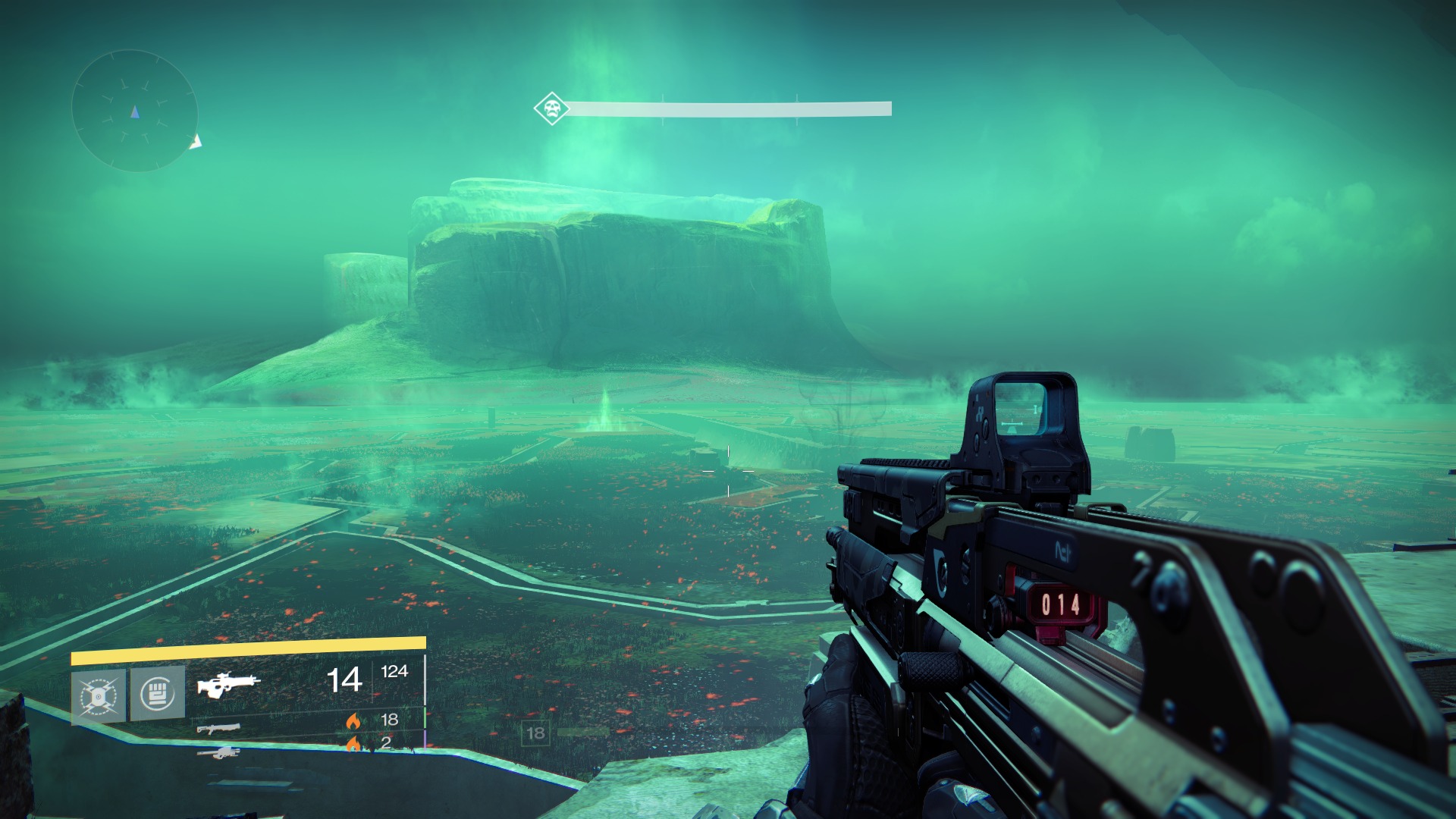
-
Destiny
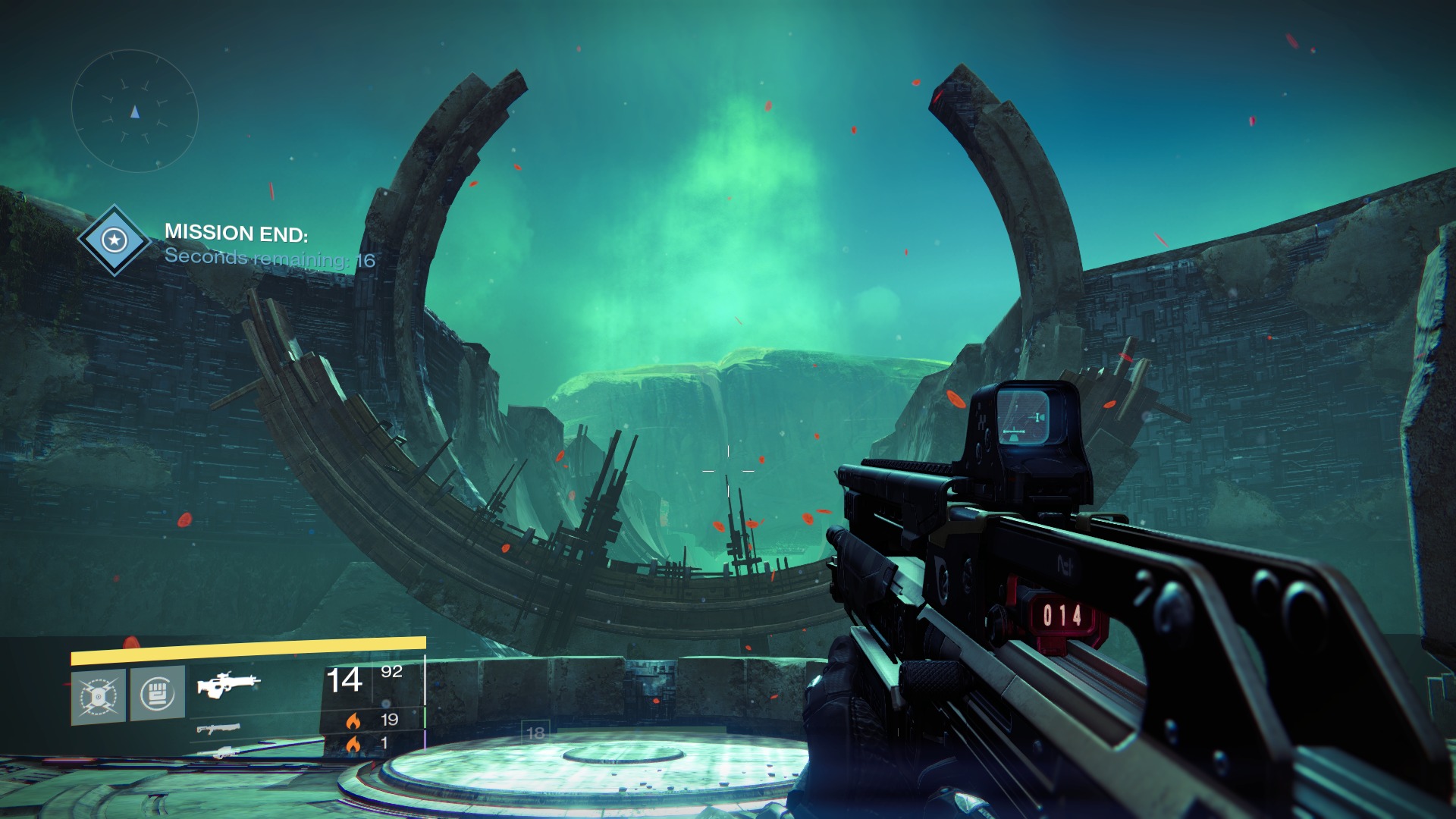
-
Destiny
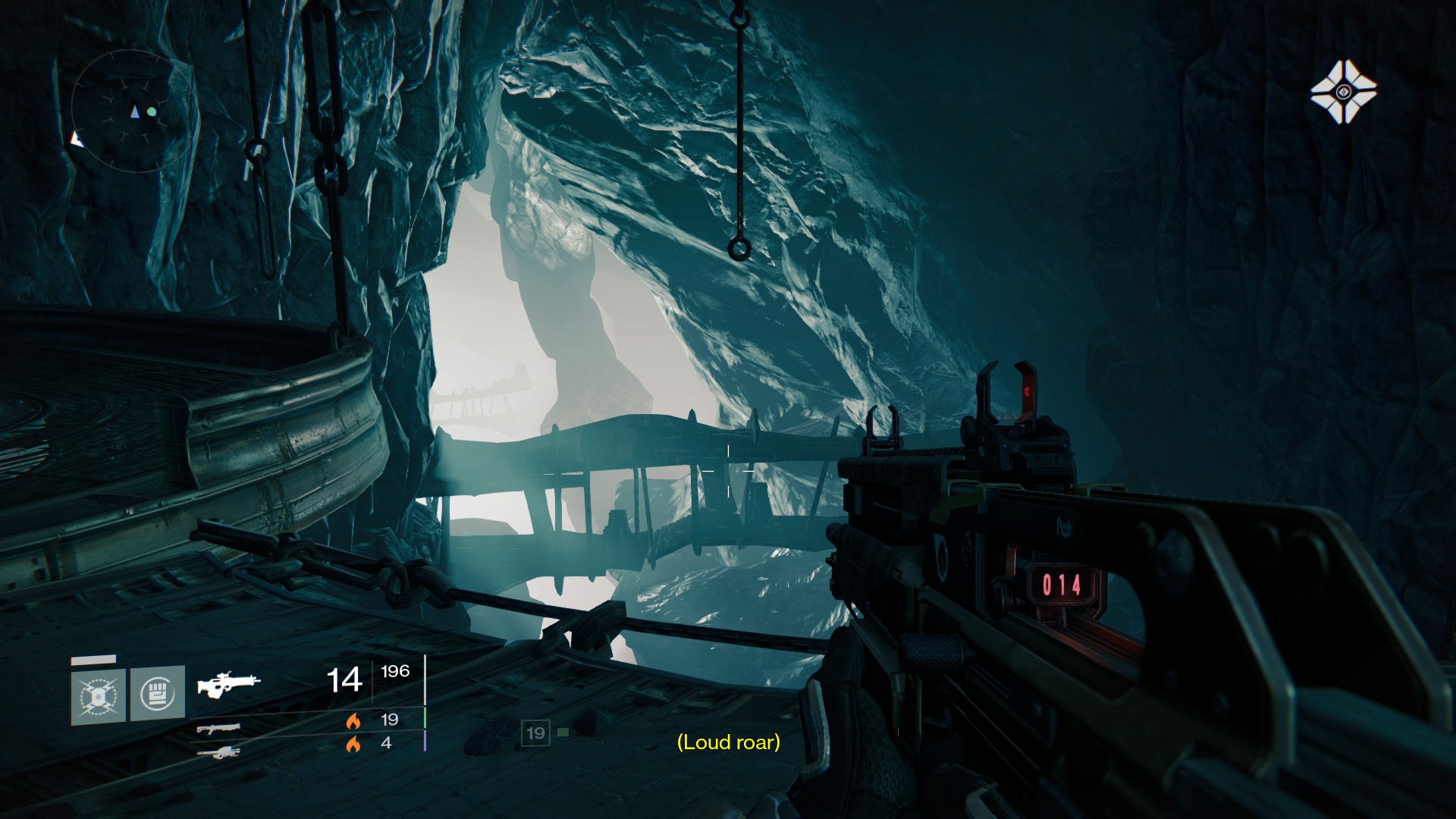
-
Destiny
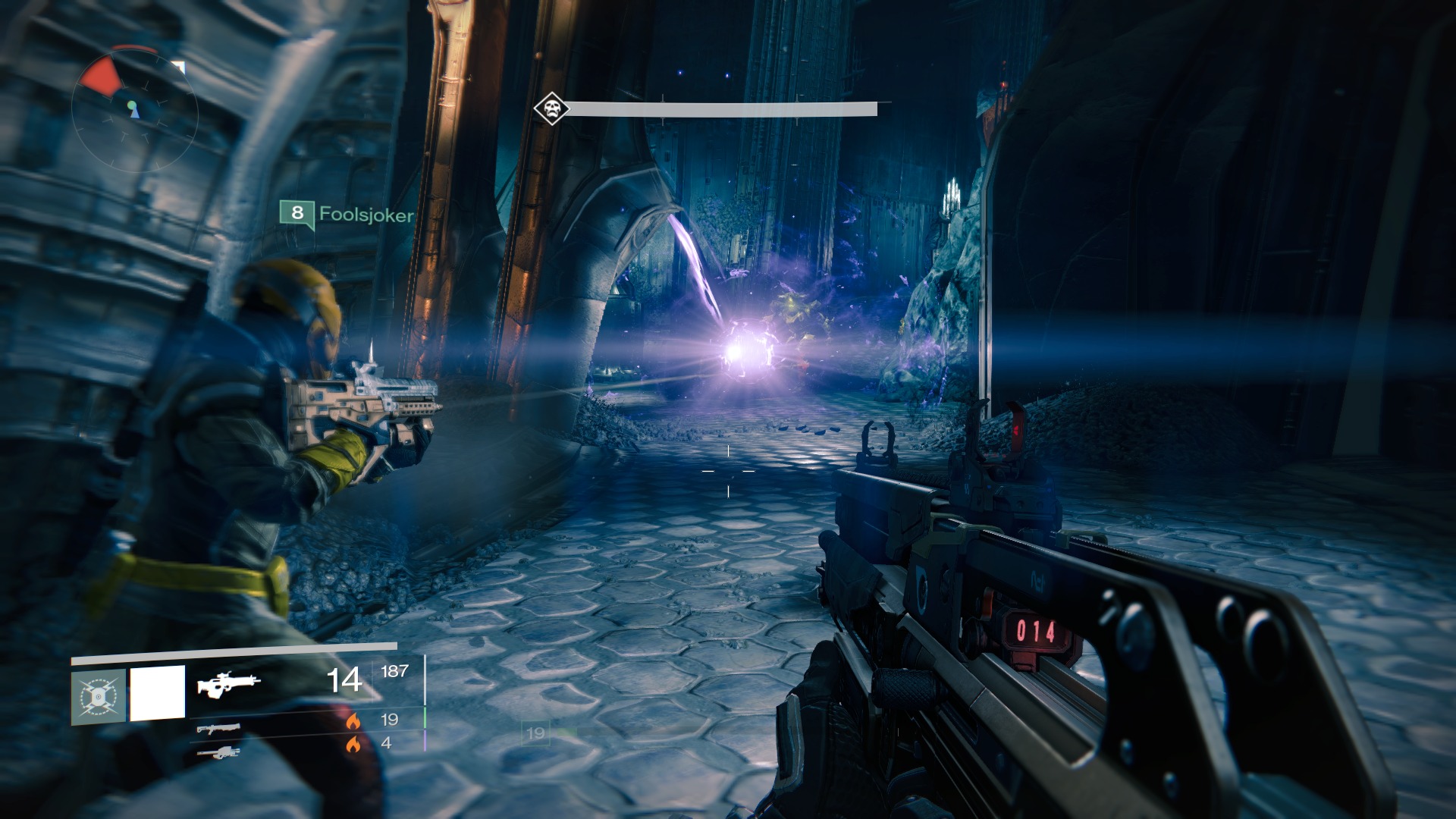
-
Destiny
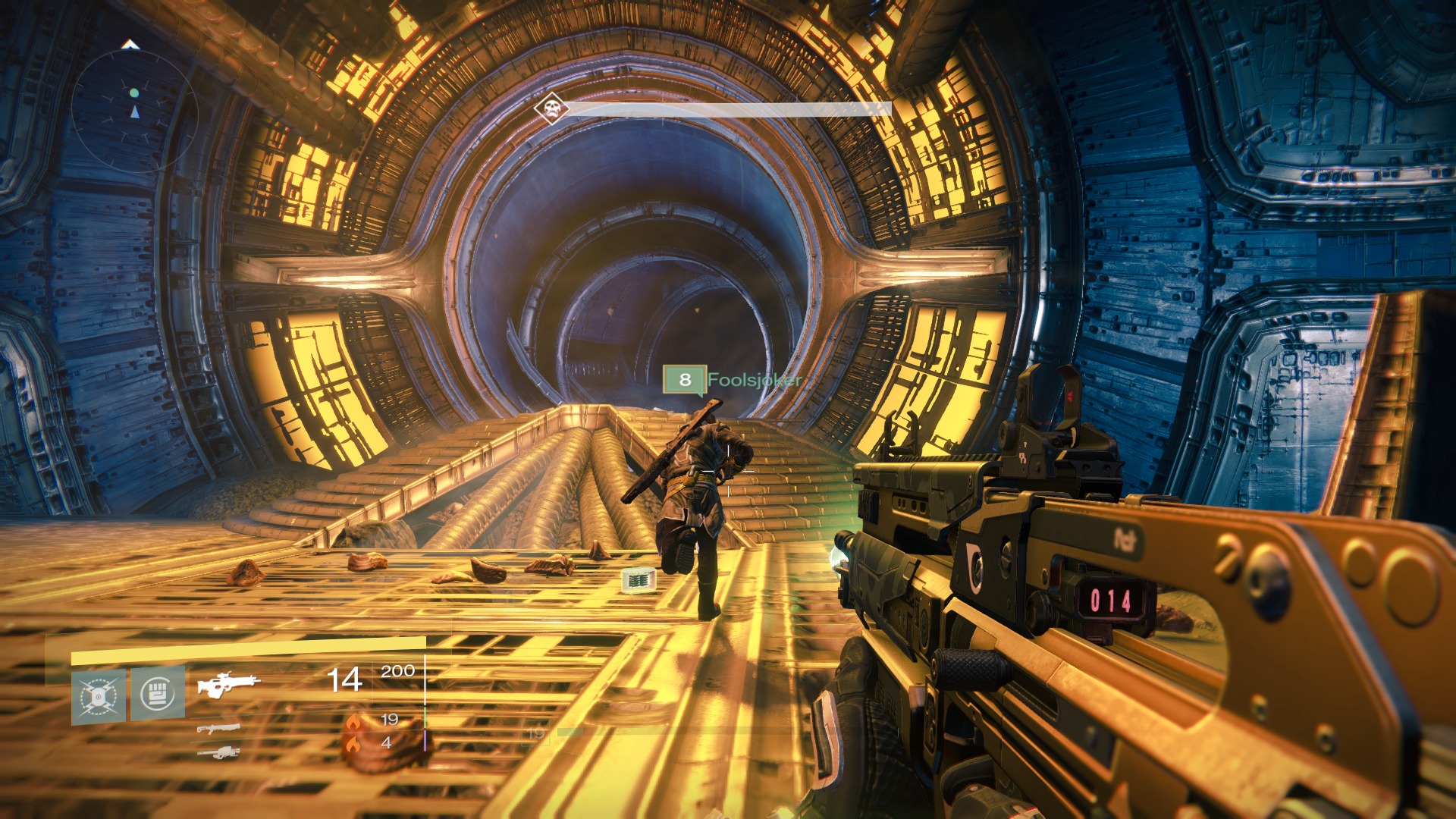
-
Destiny
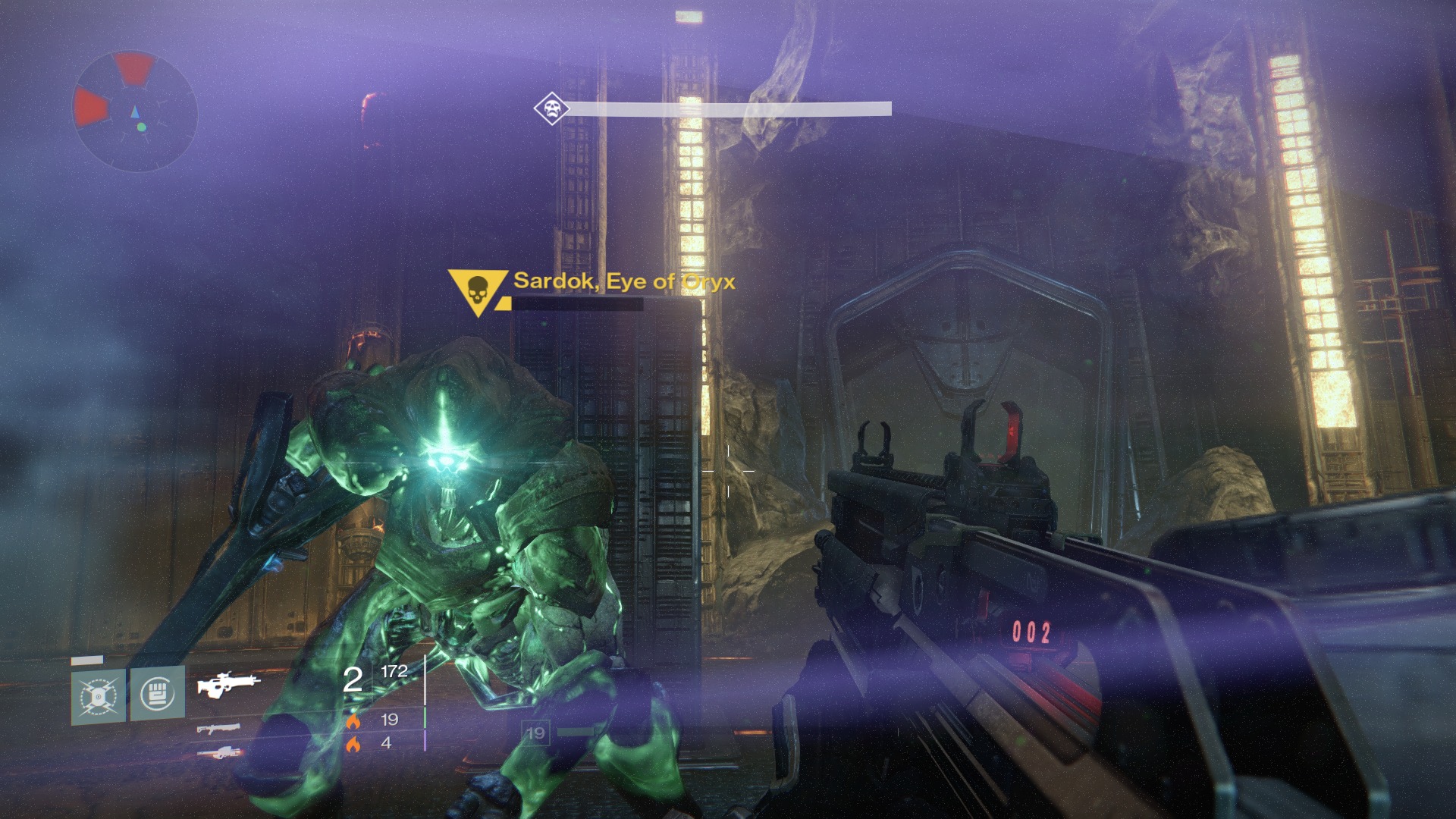
-
Destiny
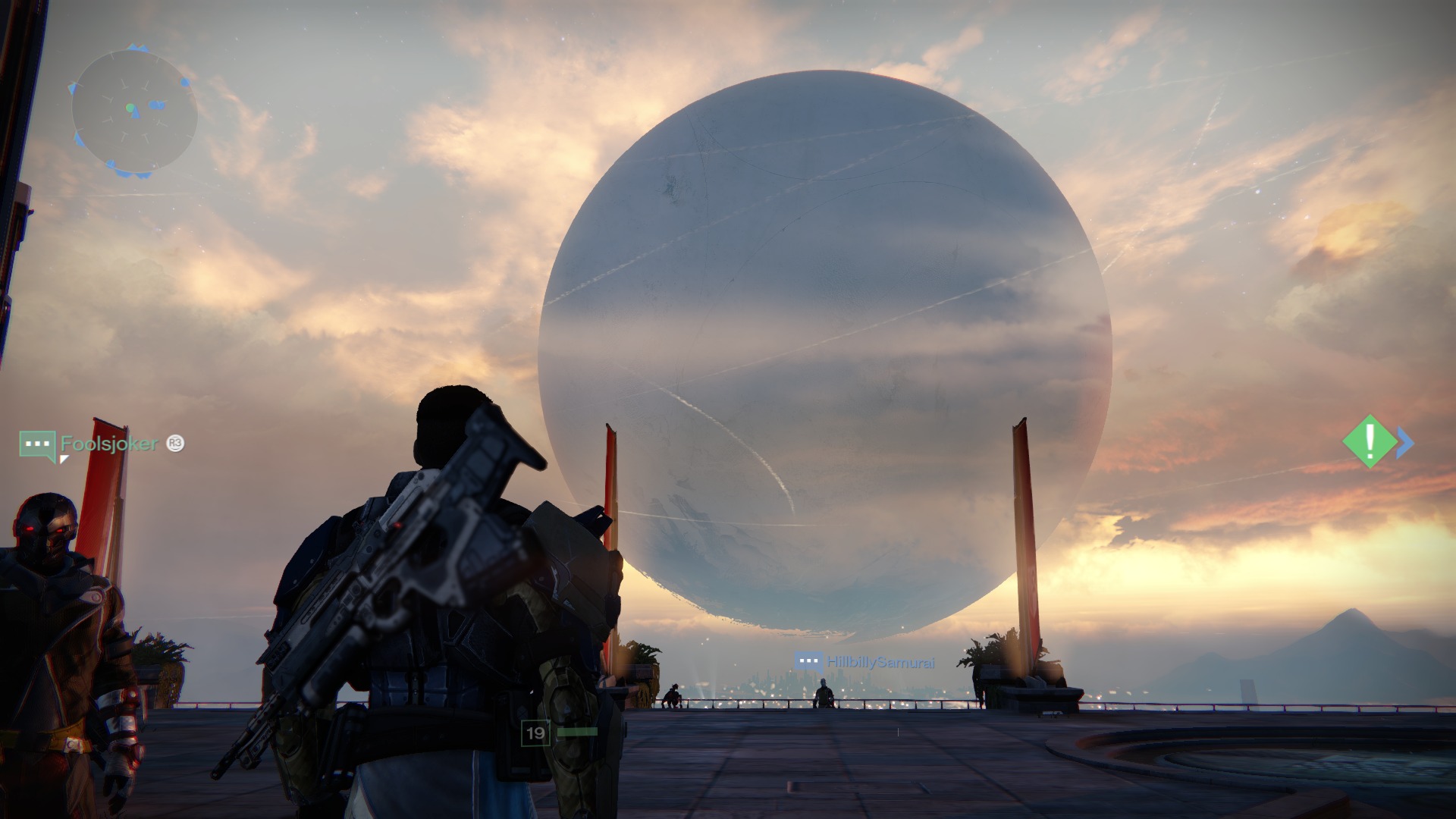
-
Destiny
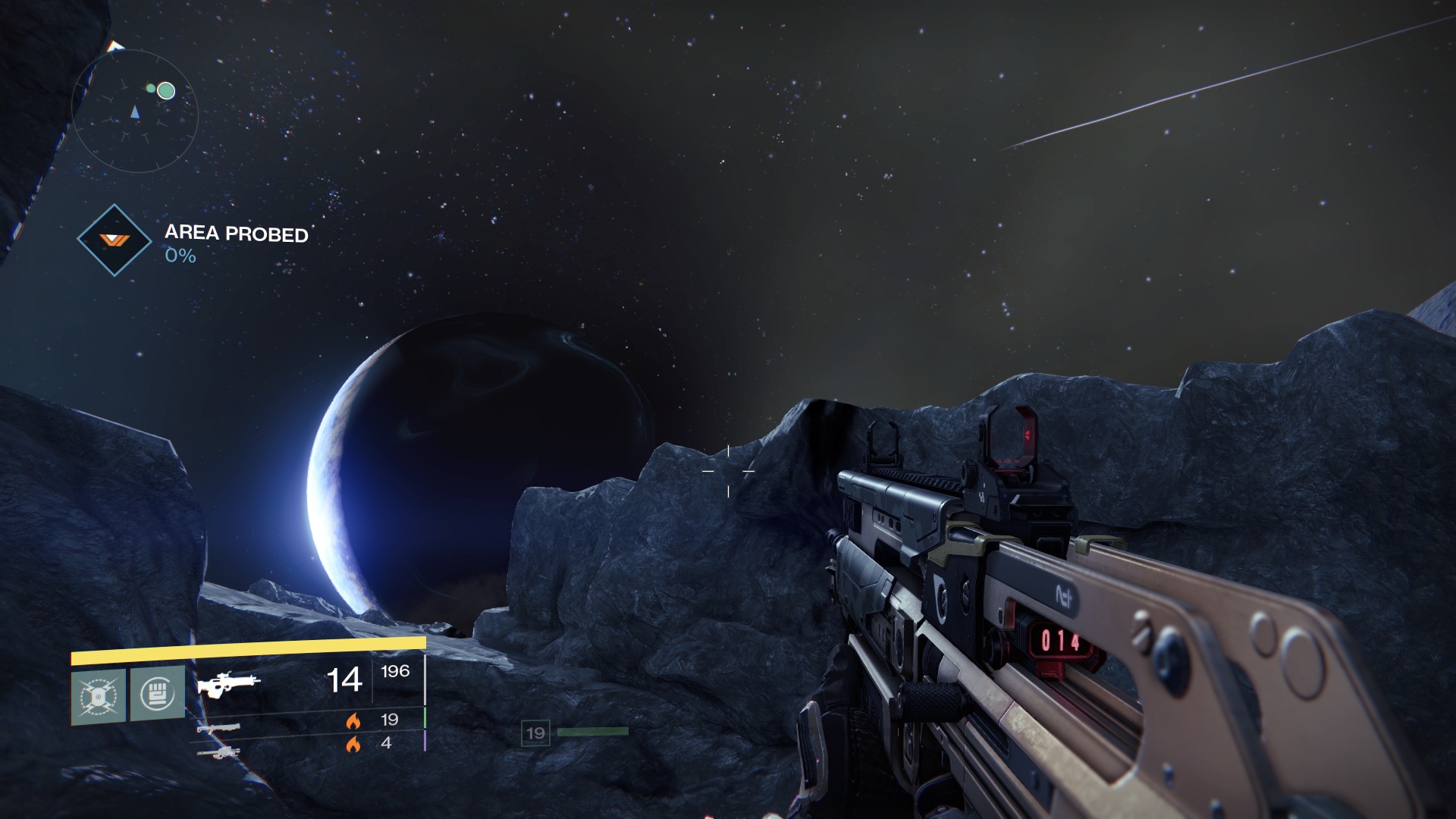
-
Destiny
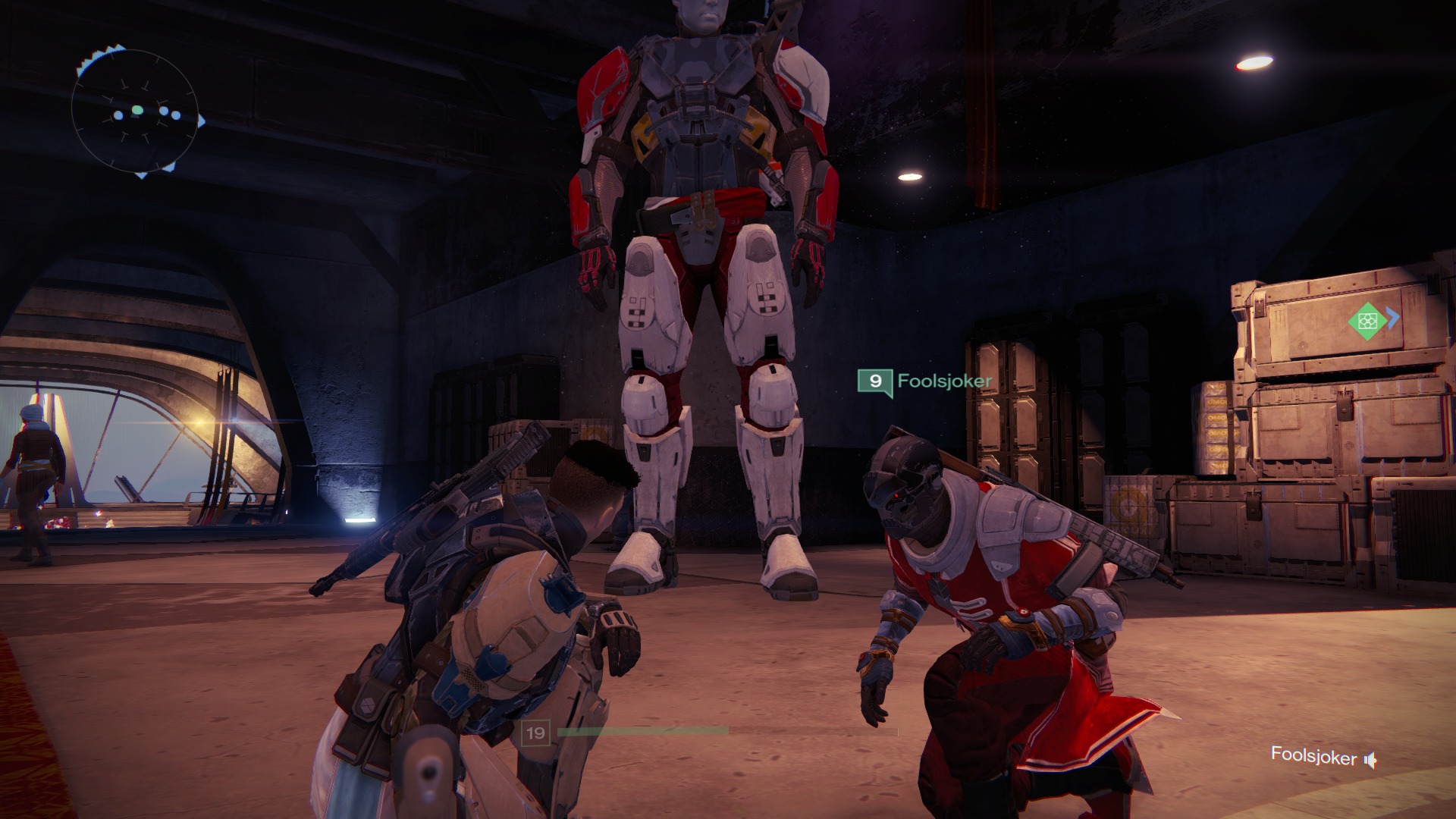
-
Destiny
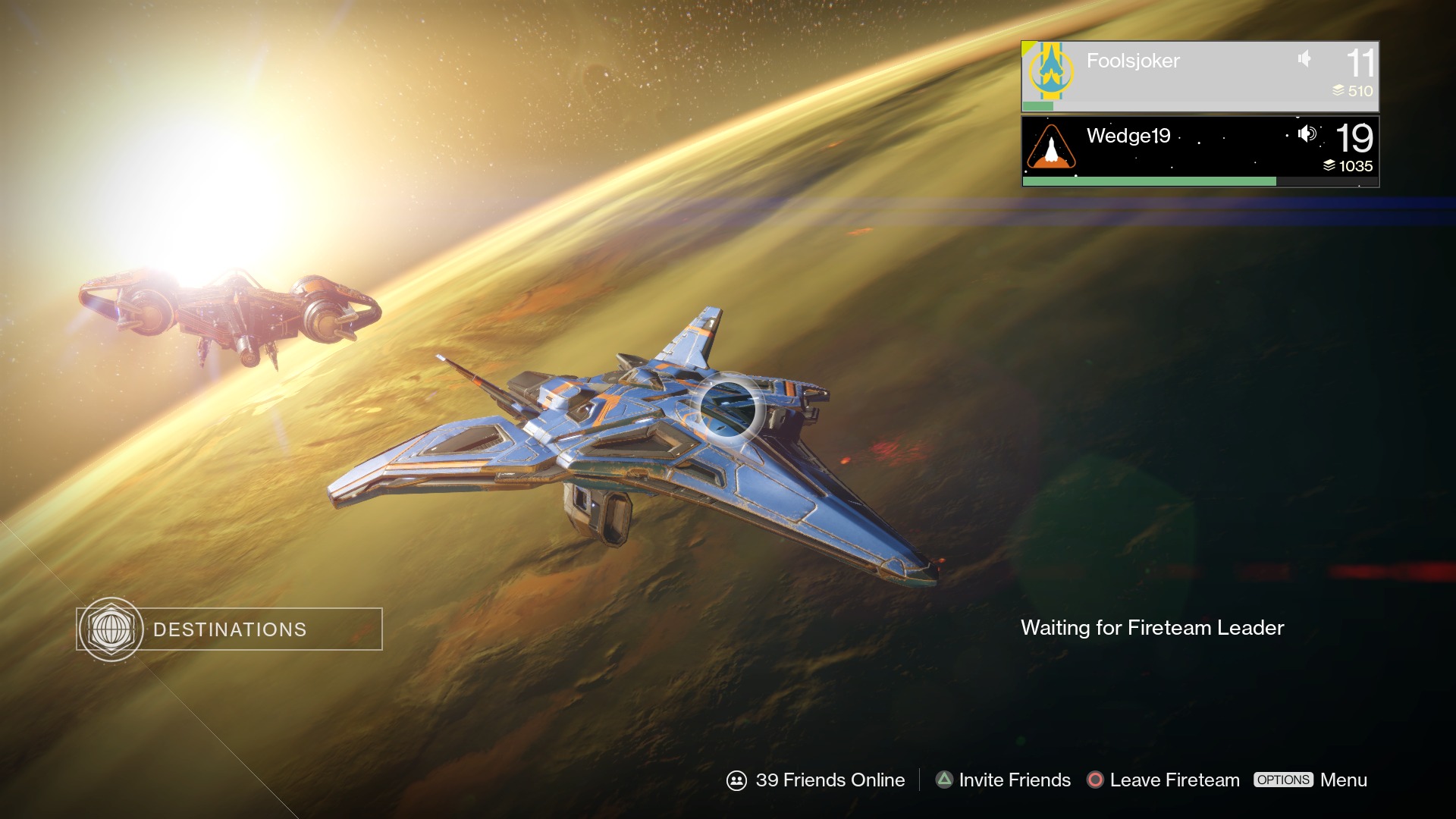
-
Destiny

-
Destiny
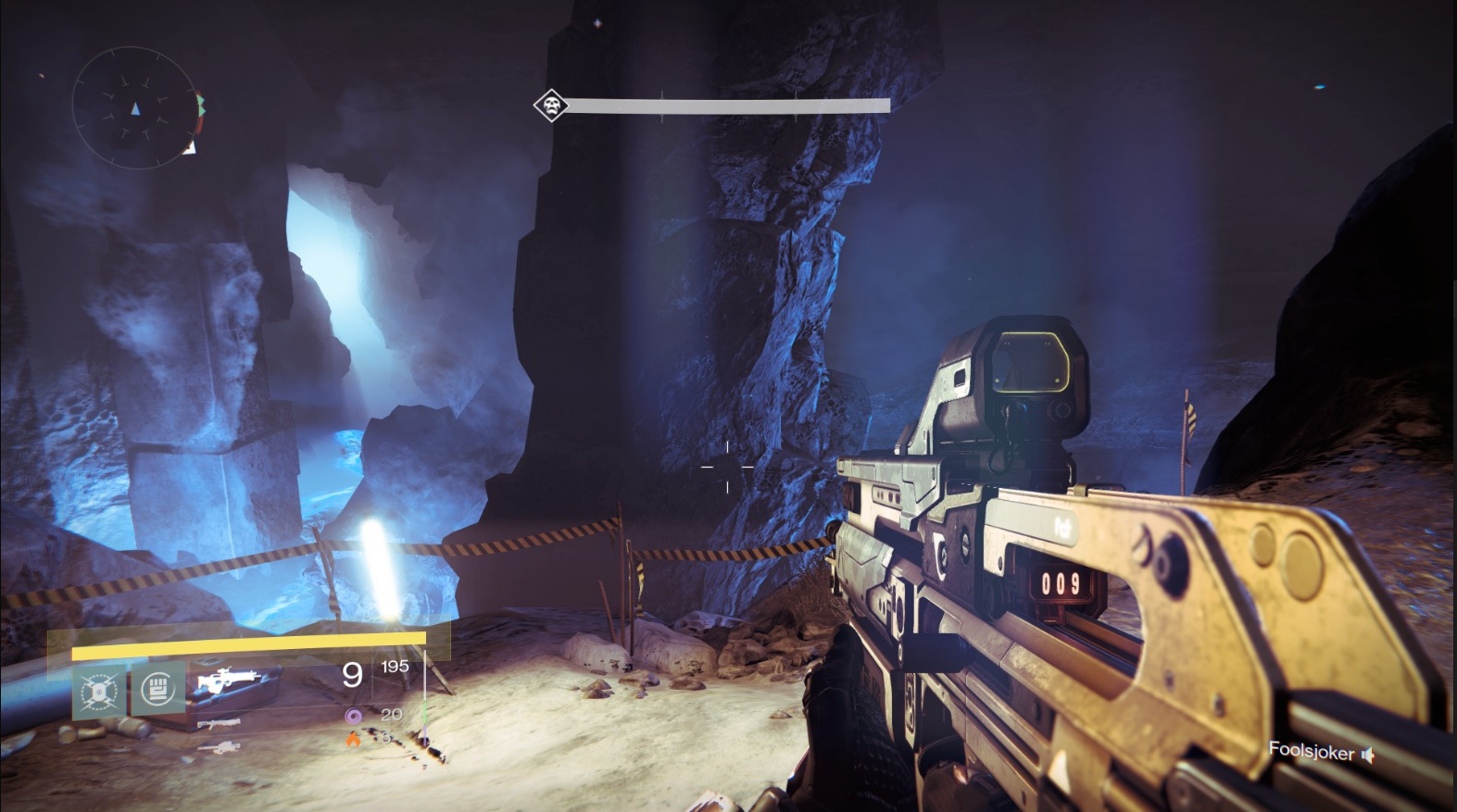
-
Destiny

-
Destiny
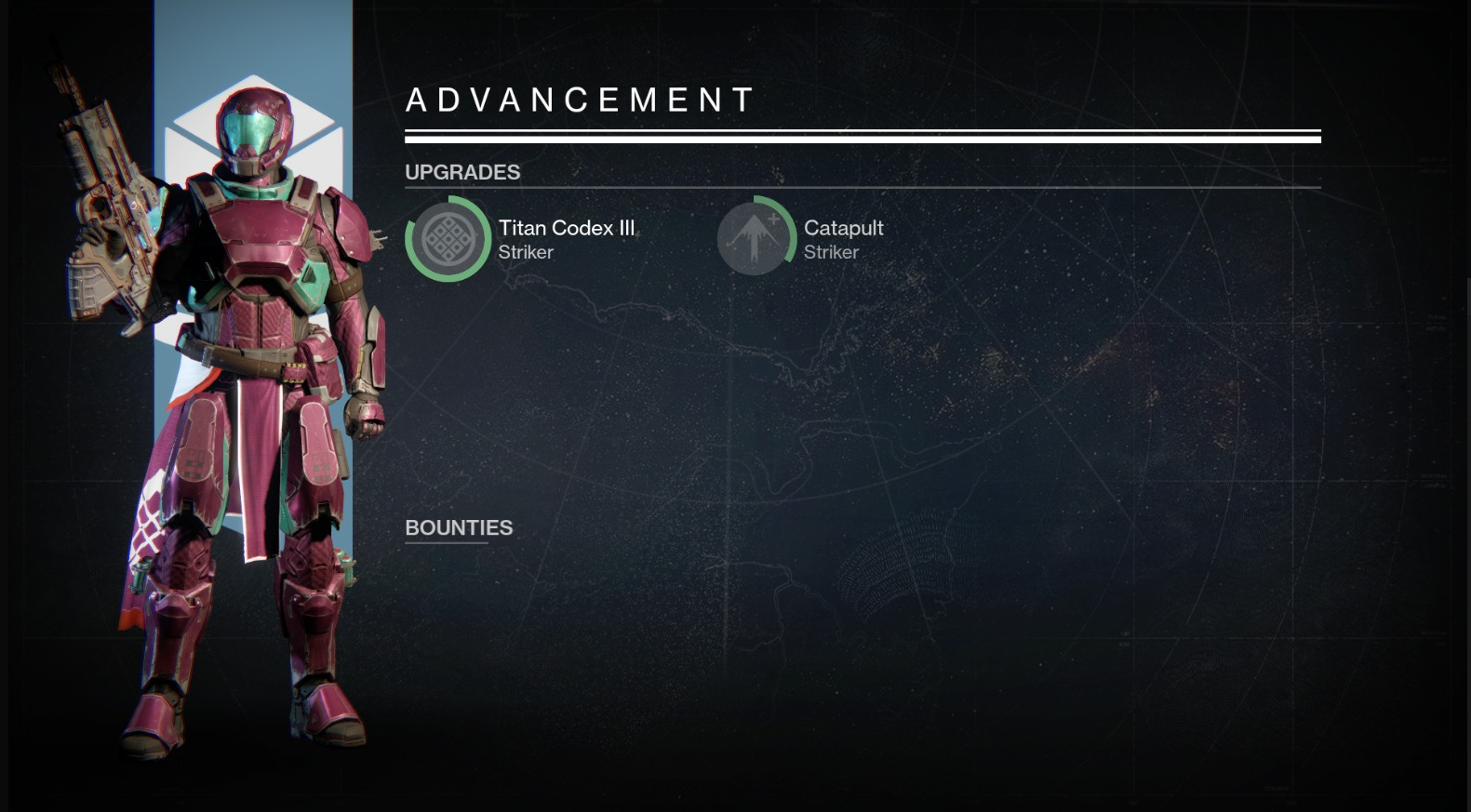
-
Destiny
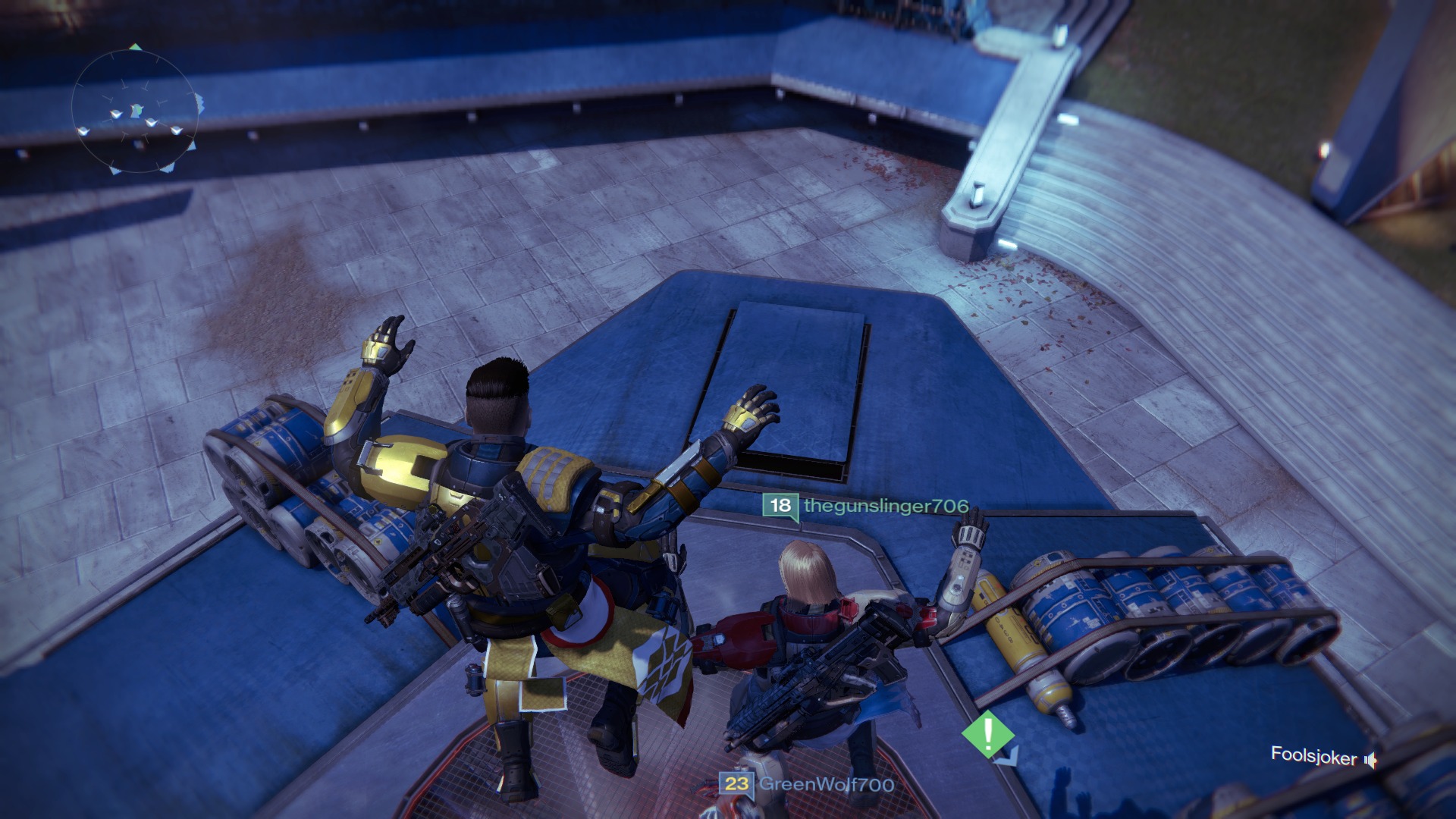
-
Destiny
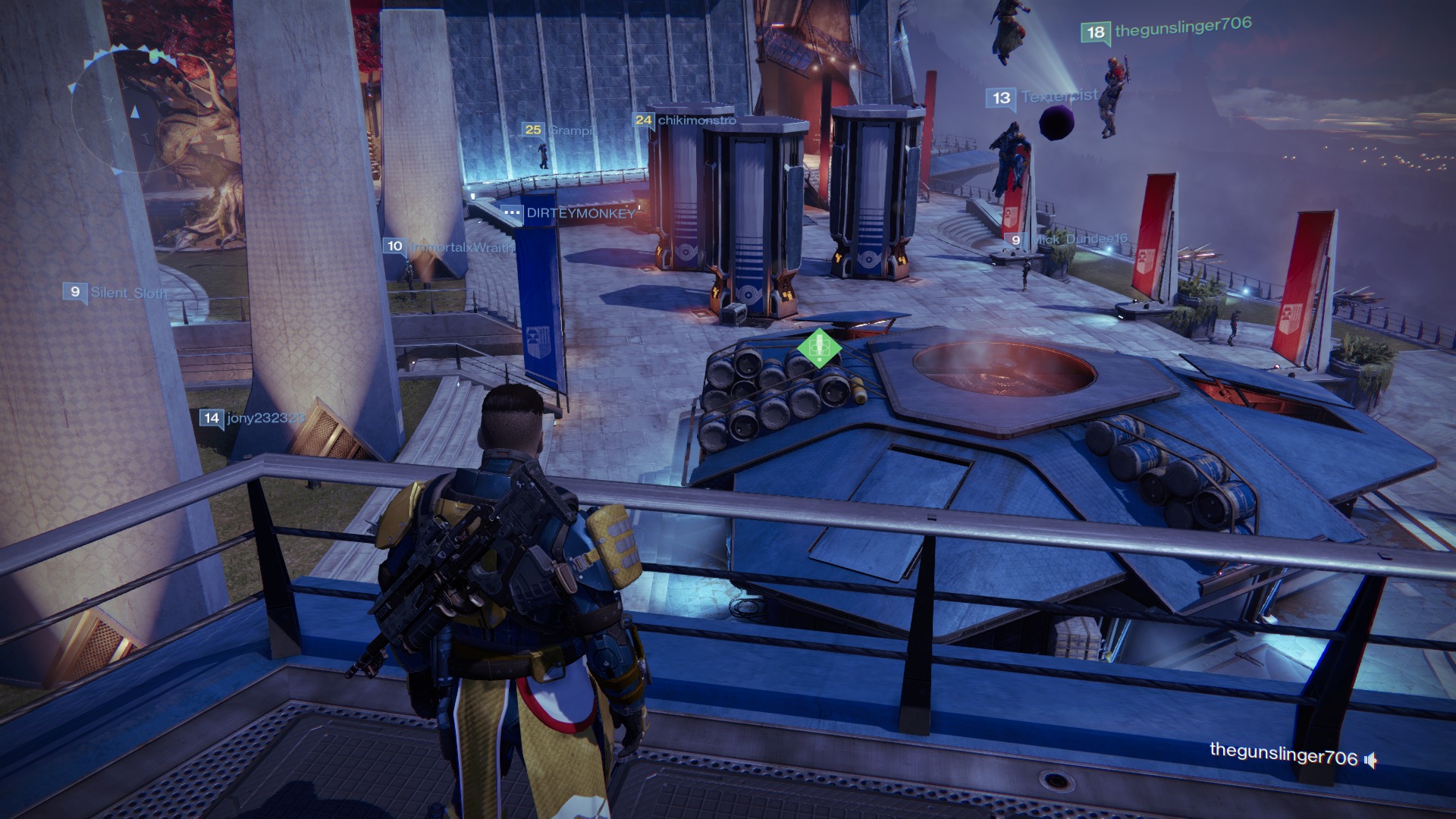
-
Destiny
